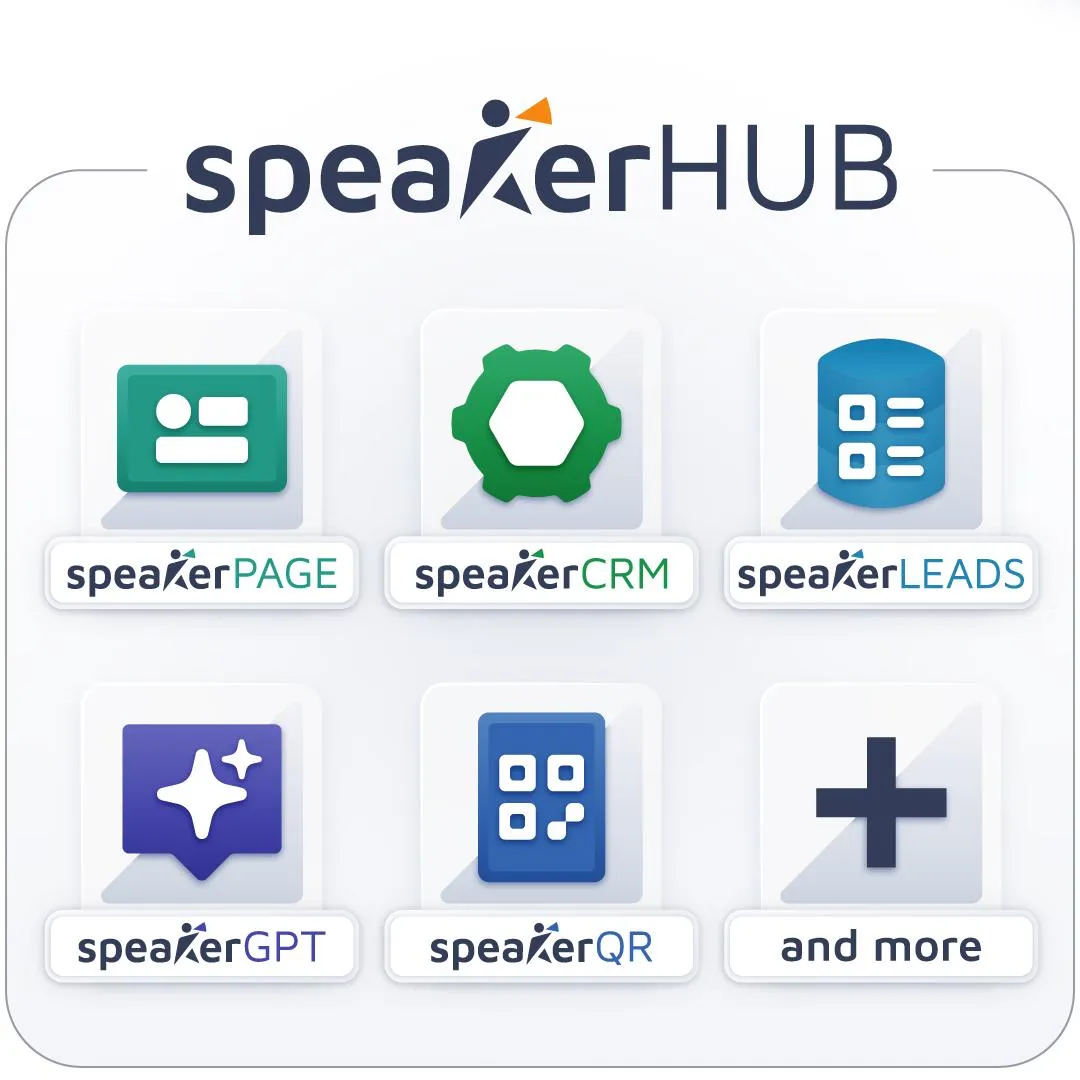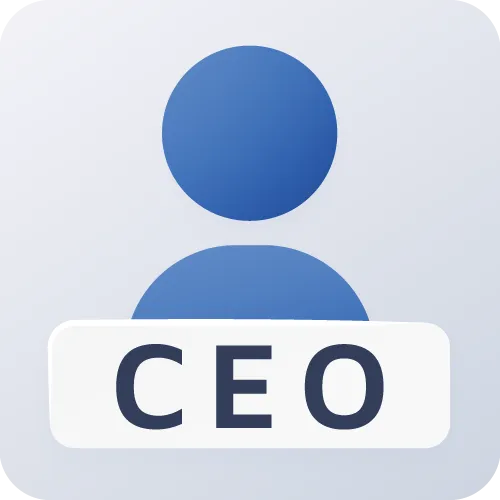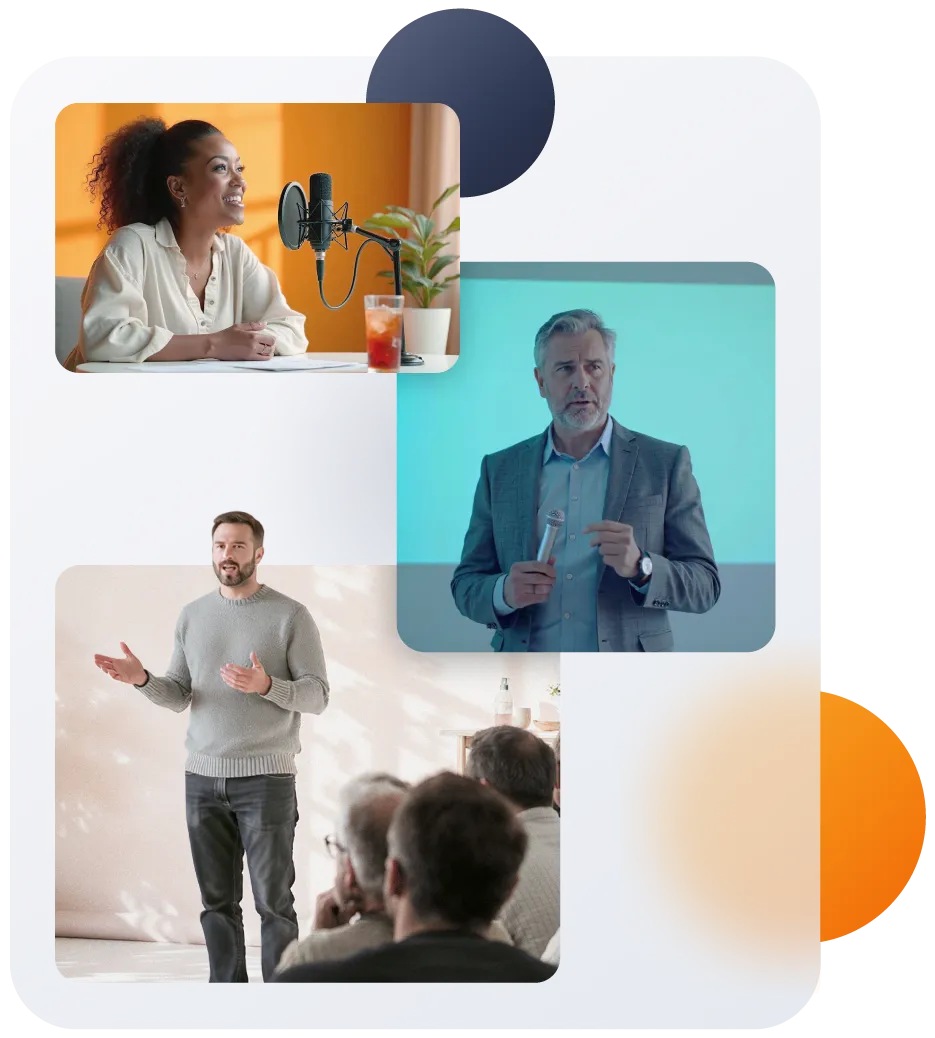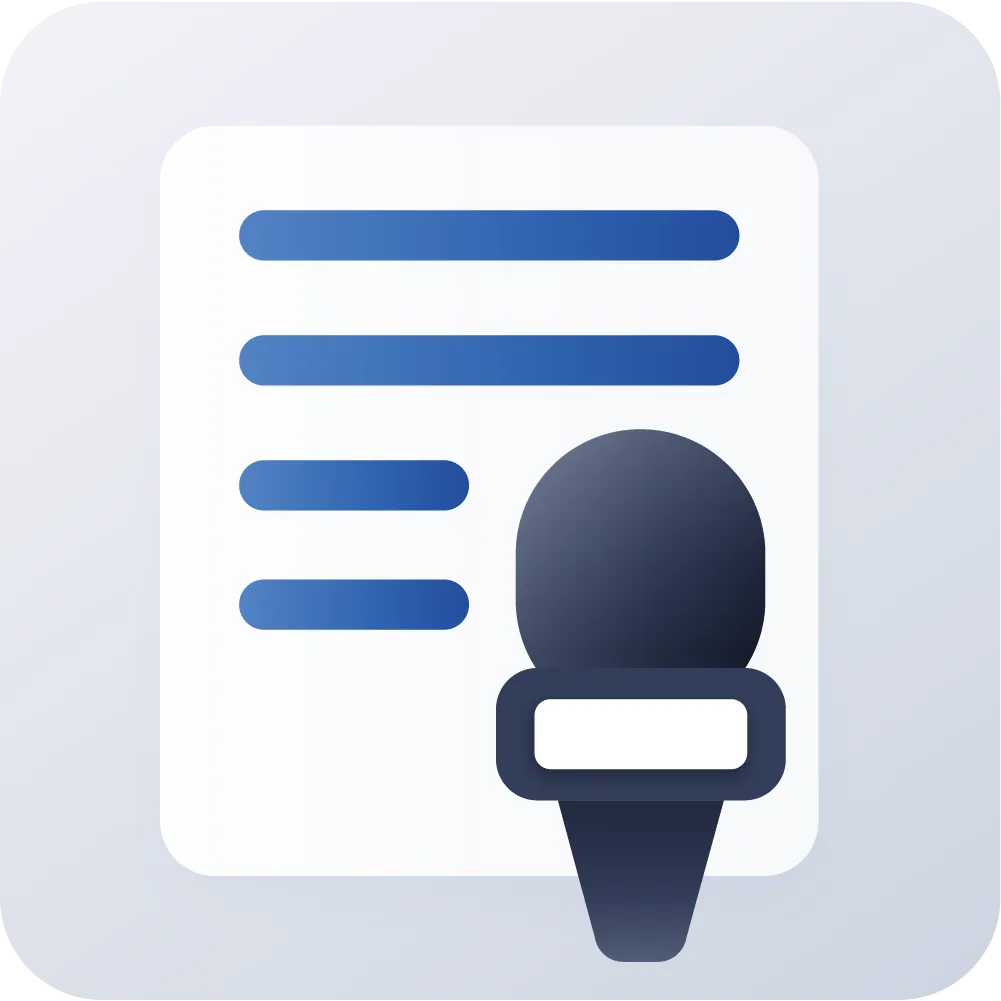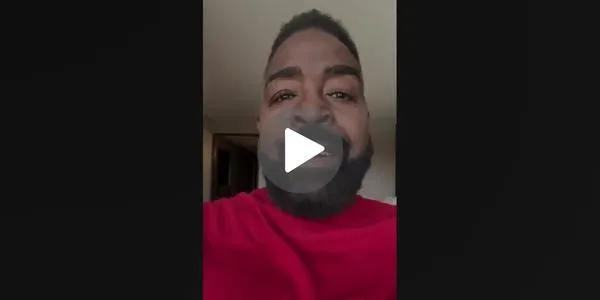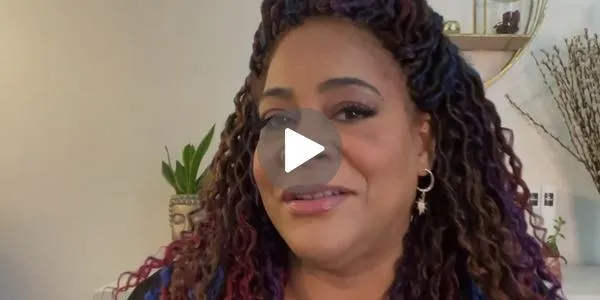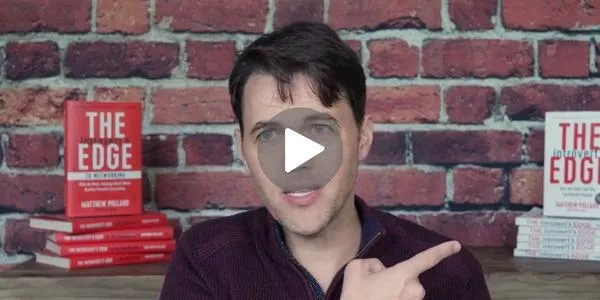👉 DON’T MISS OUT - $97/month $249 for Lifetime Access!
▸ Focused Coworking Sessions Mondays to Fridays at 12 PM Eastern (GMT-05) – Join Now
EXPERTS
Learn From the
World’s Top Speakers
Unlock proven tips and stories from world-class speakers to grow your influence, confidence, and career.
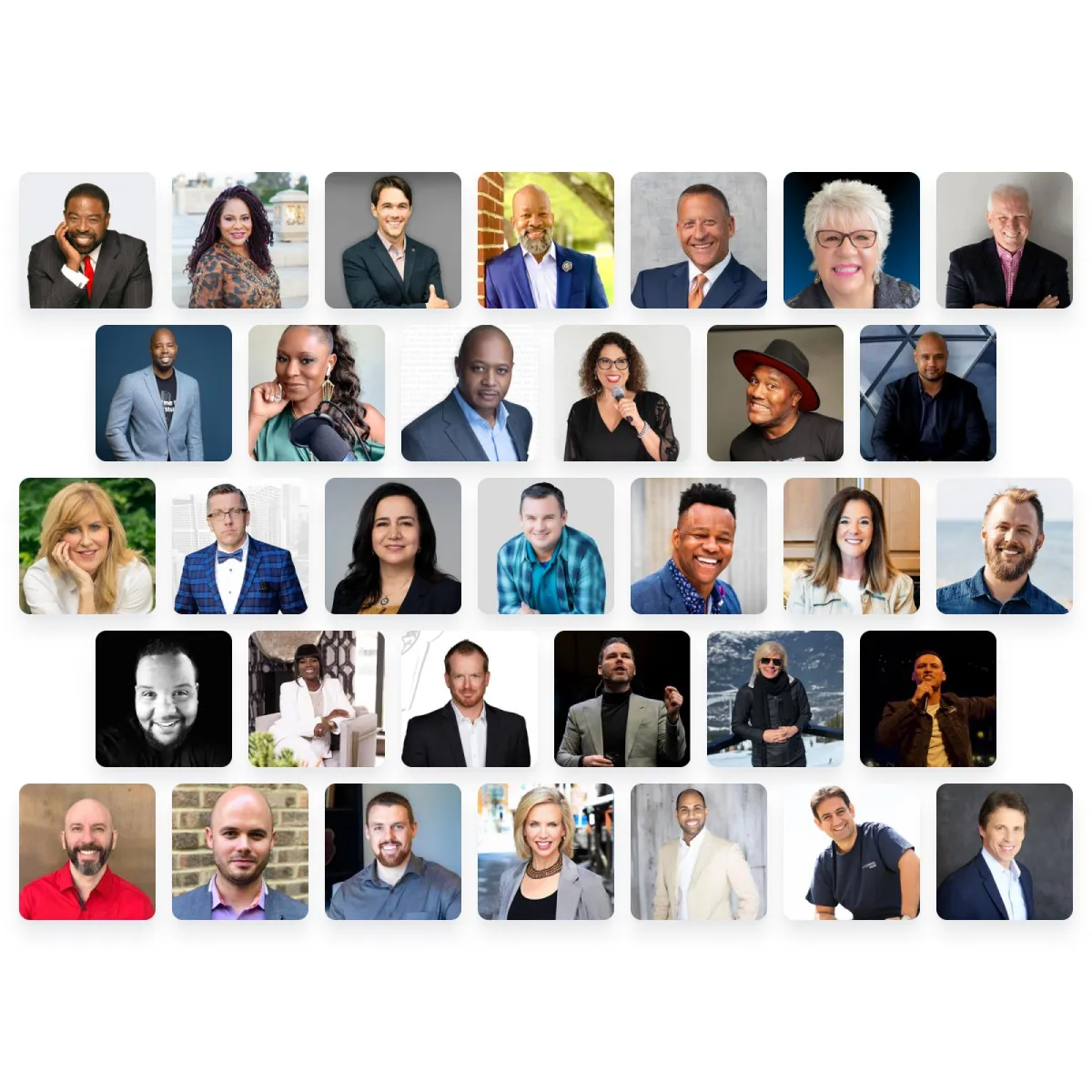
Watch your Next Lesson
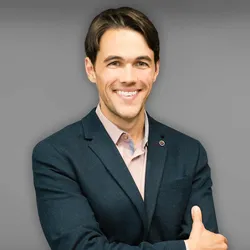
Matthew Pollard: “The Introvert’s Edge: Building a 7-Figure Speaking Business”
Matthew Pollard · Author & Award-Winning Speaker
Business Growth · Storytelling · Marketing · Profitability
Matthew Pollard, author of "The Introvert's Edge" Series and a world-renowned speaker, shares his journey from introverted beginnings to commanding top speaking fees.
Learn how Matthew built a resilient, seven-figure speaking business by leveraging his unique strengths, understanding the power of strategic marketing, and turning every speaking opportunity into profit. Discover practical growth hacks, the difference between a speaking hobby and a speaking business, and actionable steps to elevate your speaking career.
transcript summary
The Introvert’s Edge: Building a 7-Figure Speaking Business
Introduction
Ron Story Jr.:
Hey guys, I want to welcome you all to this session with Matthew Pollard. Matthew is the author of The Introvert’s Edge and he’s a world-renowned speaker. Over the last few years, he was the SK Speaker of the Year for Selling Power magazine.
Today what I want him to discuss is:
How he survives as a speaker being an introvert.
How he commands the highest fees.
How he’s built a very resilient business not only from the stage, but also off the stage.
Because we believe speaking is only one of the functions of running a speaking business.
So without further ado, I want to get into talking with Matthew about how he got started and how things are going today. So Matt, how’s it going mate?
Matthew Pollard:
I’m doing terrific and I’m so glad to do this for you. I think it’s amazing that you’re putting on so much great content now for the community.
Speaker Directories and Access to Content
Ron Story Jr.:
Thank you, thank you. Yeah, SpeakerHUB traditionally hasn’t done a lot of outbound marketing or anything other than being a great directory. So we wanted to implement some of these things and start presenting some of our clients and some of the best speakers to the world.
Matthew Pollard:
Well, I’m glad to see you doing it. I feel like a lot of speakers get information from many different sources, and I love the fact that you’re creating more of a central repository—not just where people can list themselves, but also where they can access content to improve in the art, and more importantly, the business of speaking.
Ron Story Jr.:
Yeah, I think one of the things that’s different nowadays is that a lot of the advice is coming from people who’ve never done it. That’s why we have you here today.
I know the work you’ve done—I’ve worked with you now for maybe nine months or so, so I know the ins and outs of how you built your team. But I don’t think our audience knows that. So take us back to the beginning. When did you get started as a speaker?
Getting Started as a Speaker
Matthew Pollard:
Absolutely. When you talk about “having done it,” you’re right—advice should come from speakers who have actually created a six- or seven-figure speaking business.
But more important than that is how they got started. Because if they started a long time ago, some of their methods may not work today. The world is digitally connected now, and there are more efficient ways.
When I first started speaking, I actually wanted to be a coach and consultant. I realized the easiest way to get clients was to speak from stage.
So I created what I call a three-story deck. Here’s what I did:
I wrote a blog post about the primary problem of my target audience (my avatar).
I broke that into three problems.
Then I followed a structure: problem → solution → story.
I turned that into a keynote. At the beginning, as an introvert, I was super uncomfortable. So I always started with a story. The science shows that telling a story activates the brain on both the teller’s and listener’s side, so it made me feel comfortable too.
Then I would:
Share the problem.
Show the outcome.
Make the audience the hero.
Ask: “What can you learn from this?”
I repeated that process with each story.
Now, originally, I thought I had to build my credibility up front. I talked too much about myself. But a great speaker, Tom Singer, gave me advice. He said: “Matt, you’ve built five multimillion-dollar businesses, but I hated you after the first 10 minutes—because you just said ‘I, I, I.’”
So I shifted. Between story two and story three, I threw myself under the bus instead of building myself up. I shared my humble beginnings: how it took me 93 doors before I made my first sale as an introvert. I even put up an embarrassing photo of me with acne. That vulnerability created connection.
At the end, I finished with a quote and directed people to a template. I told them: “You don’t need to hire me for this—just give me your card and I’ll email it to you.”
That led to a ton of clients.
From Free Speaking to Paid Gigs
Matthew Pollard (cont’d):
Very quickly, I started to get offered money to speak. At first, I was a good content creator but only an okay-to-good speaker. Over time, as people paid me more, I had to get better.
During COVID, I had to transition to virtual. That forced me to become much more animated and thoughtful about stage presence, even creating two backgrounds to keep audiences engaged. That’s when I’d say I truly became a great speaker—because I learned stagecraft, not just content.
At first, I spoke for free to get clients. Then I got paid. Later, I realized I could go on podcast interviews to get clients from home, which scaled my reach. Now, I won’t speak unless I’m paid—but it’s pretty cool to get paid to get clients too.
Finding the First Gigs
Ron Story Jr.:
How did you find those first few gigs?
Matthew Pollard:
The first gigs came from networking. I was very strategic: my target audience was introverted service-based business owners. I asked, “Where do they hang out?”
The answer: in the tech world.
So I went to startup and co-working events. In Austin, I attended Capital Factory. I connected with people in the circle of the event organizer, gave tons of value, and eventually the organizer himself invited me to speak.
That event led to another, then another. Even though my first keynote was rough (I bounced around nervously on stage), my content was solid—and people wanted more. Soon, I was speaking at freelance associations, co-working spaces, and annual conferences.
It only takes a handful of events to get momentum—because people in the room always run or know other events.
Matthew Pollard (cont’d):
From there, I leveraged podcasts. Podcasts are like a referral from the host to their audience. They became my secret weapon for lead generation.
Speaking Career vs. Speaking Business
Ron Story Jr.:
That’s powerful. Let’s talk about business structure. Earlier you said it’s hard for someone who just speaks to compete with someone who has a speaking business. What do you mean by that?
Matthew Pollard:
There’s a huge difference between having a speaking hobby, a speaking career, and a speaking business.
A hobbyist waits for the phone to ring. A career speaker gives talks but doesn’t build systems. A business-minded speaker treats it like an enterprise—with CRM, marketing, follow-up, products, and repeatable processes.
For example:
I don’t just deliver a keynote. I help organizers promote before, during, and after.
I provide exercises that generate ROI for the organizer.
I schedule follow-up meetings with leaders 30 days later to help operationalize the talk.
That’s why one association books me for 25 keynotes a year. Every time I speak, they make six figures. Why wouldn’t they keep hiring me?
Matthew Pollard (cont’d):
Also, my speaker fees go straight into my marketing budget. For me, speaking isn’t just income—it’s a marketing engine.
Because I have coaching, consulting, and online programs, I can reinvest heavily. That makes me hard to compete with. A speaker who only has fees from the stage can’t match my reach.
Building Products Beyond the Keynote
Ron Story Jr.:
That’s a huge takeaway. Most speakers stop at the keynote—they don’t build products, courses, or consulting.
Matthew Pollard:
Exactly. You need multiple products:
A keynote.
A book.
A course.
Consulting or coaching.
It’s the same message, expanded in different ways. A 2-sentence pitch becomes a 30-minute keynote, a 200-page book, or a 6-hour consulting engagement.
If you stop at just “I speak,” you limit your growth.
Books as Marketing Tools
Ron Story Jr.:
Let’s also talk about books. Many authors think just publishing is enough. But you use books strategically, right?
Matthew Pollard:
Yes. A book isn’t about selling copies—it’s a marketing tool.
I tell audiences: “Don’t buy my book—download the first chapter.” Why? Because then I get their email. Once they’re on my list, I can send them training videos, resources, and offers.
That’s how my books sold over 100,000 copies and fueled millions in revenue. It’s about strategy, not ego.
Everything I do ties back to my brand: rapid growth for introverts. Every talk, book, program, and podcast connects to that core. That’s what builds long-term authority.
The Introvert’s Edge
Ron Story Jr.:
That’s incredible. Before we wrap up, let me ask: What’s your Introvert’s Edge?
Matthew Pollard:
Great question. My edge is strategic thinking.
As an introvert, I don’t wing it. I map out strategy before tactics. I prepare frameworks. I validate partnerships.
That’s what lets me build repeatable systems and long-term growth.
Closing Remarks
Ron Story Jr.:
Amazing. Thank you, Matt, for taking the time—not only for this interview but also for co-producing this Pro Speaker Summit with us. Your insights into treating speaking as a business are invaluable.
Matthew Pollard:
It was my honor. I love what you’re doing in this community and I’m glad I could contribute. Thanks for having me.
summary
Key Lessons from Matthew Pollard’s Talk
Lesson 1: Speaking Is a Marketing Tool
“For me, speaking isn’t just income—it’s a marketing engine.”
Action Steps:
Reinvest speaker fees into marketing (web, video, CRM).
Treat every keynote as lead generation, not just a performance
Lesson 2: Stories Create Connection
“I always started with a story—it made me feel comfortable and made the audience the hero.”
Action Steps:
Structure every keynote around 3 core stories.
Use “problem → solution → story” to engage listeners.
End each story with: “What can you learn from this?”
Lesson 3: Vulnerability Builds Trust
“I threw myself under the bus—shared my 93 failed sales calls and even showed an embarrassing photo.”
Action Steps:
Share failures as much as successes.
Use humor and humility to connect authentically.
Place your credibility story mid-talk, not upfront.
Lesson 4: From Hobby to Business
“There’s a difference between a speaking hobby, a career, and a business.”
Action Steps:
Use CRM systems to track and nurture relationships.
Create pre-event, during-event, and post-event strategies.
Build repeat bookings by delivering ROI for organizers.
Lesson 5: Products Beyond the Stage
“If you stop at just ‘I speak,’ you limit your growth.”
Action Steps:
Develop multiple formats of your message: keynote, book, course, coaching.
Turn consulting frameworks into online programs.
Use short engagements (like 6 hours) to create scalable offers.
Lesson 6: Books Are Marketing Tools
“Don’t buy my book—download the first chapter.”
Action Steps:
Use books to capture emails, not just sell copies.
Add links, templates, and video training inside your book.
Treat books as entry points into your ecosystem.
Lesson 7: Strategy Before Tactics
“My edge is strategic thinking—strategy always comes before tactics.”
Action Steps:
Plan outcomes before creating content.
Validate every partnership and investment.
Automate processes to free time for growth.
Lesson 8: The Introvert’s Advantage
“Introverts aren’t second-class citizens—their path to success is just different.”
Action Steps:
Lean into planning and preparation, not winging it.
Use empathy to understand your audience’s daily struggles.
Build frameworks that allow introverts to thrive on stage.
Lesson 9: Leverage Small Stages to Get Big Stages
“Podcasts are my secret weapon—they’re like a referral from the host to their audience.”
Action Steps:
Start with local meetups and co-working events.
Use podcasts for visibility and credibility.
Leverage one event to secure the next through introductions.
Lesson 10: Focus on Outcomes, Not Just Stories
“Don’t just tell your story. Give people frameworks they can apply tomorrow.”
Action Steps:
Translate stories into actionable steps.
Align your talk with the ROI your client wants.
Always connect your story back to organizational outcomes.
faq
Frequently Asked Questions from the Lesson
How can introverts succeed as professional speakers?
Introverts thrive by leaning into preparation, structure, and empathy. Matthew shows how careful planning, storytelling, and audience connection allow introverts to outperform even natural extroverts on stage.
What is the difference between a speaking hobby and a speaking business?
A hobby speaker waits for opportunities. A business speaker builds systems: CRM follow-ups, pre-event promotion, and post-event ROI. Treating speaking as a business creates recurring bookings and higher fees.
Why does Matthew Pollard focus on storytelling in keynotes?
Stories engage both the speaker and the audience’s brain, making ideas more memorable. By using a simple “problem → solution → story” framework, speakers can deliver practical value while connecting emotionally.
How can speakers command higher fees?
Speakers who offer products, coaching, or online programs create more ROI for clients. This lets them charge premium fees, while still being seen as valuable investments by event organizers.
Why should speakers build products beyond their keynote?
Having a book, course, or consulting offer multiplies income streams. Instead of relying on one keynote, speakers can extend their impact and generate revenue long after the event ends.
How do books help speakers build their business?
Books act as powerful lead magnets. Matthew advises using books to collect emails and deliver free resources, turning readers into long-term clients instead of relying on one-time book sales.
How do small stages and podcasts lead to big stages?
Small local events and podcast interviews create credibility and word-of-mouth. Event organizers often book speakers they see adding value in smaller rooms, leading to larger conferences and higher-paying gigs.
What are the benefits of seeing speaking as marketing, not just income?
When speaker fees are reinvested into marketing, they fuel long-term visibility. This strategy makes every keynote a growth engine for the speaker’s overall business instead of just a paycheck.
How can speakers align their message with event ROI?
Instead of only telling personal stories, speakers should connect their message to the audience’s business outcomes—like sales growth, leadership skills, or retention. This ensures event planners see them as problem-solvers, not entertainers.
How does SpeakerHUB support speakers following Matthew’s strategies?
SpeakerHUB provides visibility, verified leads, and AI-powered pitching tools—helping speakers put Matthew’s advice into action. With outreach and credibility tools, it makes it easier to build a true speaking business.
SPEAKER
About Matthew Pollard - Author & Award-Winning Speaker
Matthew Pollard is an internationally-recognized consultant, speaker, blogger, author, mentor, coach, and serial entrepreneur with five multi-million dollar business success stories under his belt, all before the age of 30. He is the founder and CEO of Rapid Growth, LLC, dedicated to achieving maximum ROI for businesses of all sizes.
Though his client list includes multiple Fortune 500 companies, his real passion is helping small business owners end the overwhelm, eliminate the stress and guesswork, and get on a clear path to Rapid Growth. Called “the real deal” by Forbes, his methods have transformed over 3500 businesses to date. Matthew’s methods come from hands on, real-world experience.
Matthew provides instantly-actionable strategies that make a real and lasting difference to audiences. And when it comes to understanding what makes a speaker truly stand out, Matthew gets it. He is an internationally award-winning blogger and contributor to CEO, Entrepreneur, and Top Sales World Magazine.
He is also a recurring guest on FOX and NBC, and has appeared on top-rated podcasts including Entrepreneur on Fire and Eventual Millionaire. He’s the author of the bestseller The Introvert’s Edge: How the Quiet and Shy Can Outsell Anyone, endorsed by Neil Patel, Brian Tracy, Mark Roberge of Harvard, Derek Lidow of Princeton, and dozens more. organization in achieving unprecedented results, Matthew Pollard is your Rapid Growth® Guy! If you’re looking for a keynote speaker with an edge, who provides absolute return on investment, who will assist you.

Get the PDF Transcript of this Lesson
By signing in you agree to our Terms and Conditions and Privacy Policy
Featured Speaker Lessons
Gain proven tips and strategies from top motivational speakers, bestselling authors, and business leaders. Each lesson includes practical insights you can apply to your own speaking journey.
Les Brown — “The World Needs to Hear Your Message”
Uncover your hidden potential with Les Brown, one of the world’s most inspiring motivational speakers. Learn how to connect with audiences, overcome self-doubt, and share your story with confidence. Discover strategies to captivate listeners and elevate your voice from the stage to real-life impact.
Storytelling · Inspiration · Confidence · Overcoming Challenges · Speaking Career
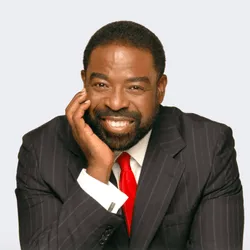
Les Brown
World’s Leading Motivational Speaker
Kim Coles — “From Comedy to Keynotes: Captivating Any Audience”
Discover how award-winning actress and speaker Kim Coles turned her natural comedic talent into powerful keynote speaking. In this lesson, she shares authentic techniques for storytelling, handling surprises on stage, and keeping audiences engaged from start to finish. Perfect for speakers who want to balance humor and professionalism.
Storytelling · Authenticity · Stage Presence · Connection · Confidence
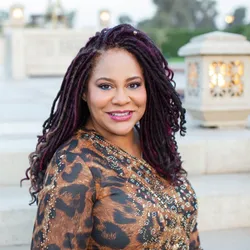
Kim Coles
Award-winning Actress and Coach
Matthew Pollard — “The Introvert’s Edge: Building a 7-Figure Speaking Business”
Matthew Pollard reveals how introverts can succeed in the speaking industry by leaning on strategy, preparation, and authentic connection. Learn how to build a thriving speaking business, generate clients through storytelling, and turn speaking engagements into long-term opportunities.
Business Growth · Storytelling · Marketing · Profitability

Matthew Pollard
Author & Award-Winning Speaker
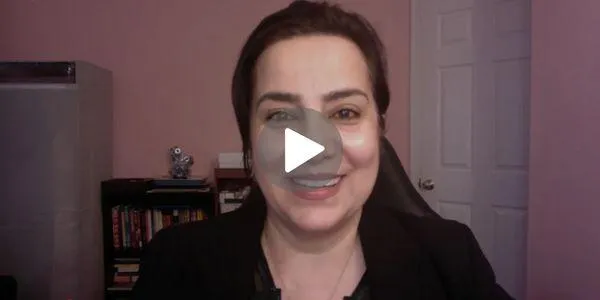
Sairan Aqrawi — “How to Find Your Hidden Gem”
Discover your ‘hidden gem’ with Sairan Aqrawi—engineer turned business coach. Learn to uncover your core genius, align skills (not just passion), share lived stories, start small, and take imperfect action. Gain clarity, commit to the niche that finds you, and build confidence on a real stage.
CLARITY · CORE GENIUS · STORYTELLING · ACTION · CONFIDENCE
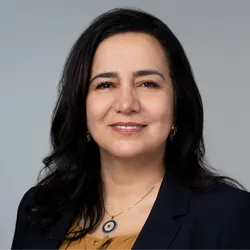
Sairan Aqrawi
Engineer & Business Coach
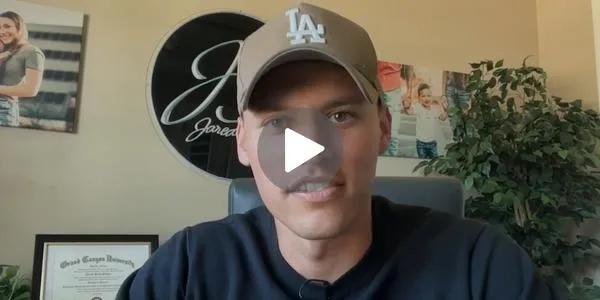
Jared Scott — “How to Build a Mission-Driven Speaking Career”
Meet Jared Scott, a speaker and counselor on a mission to inspire hope through truth and authenticity. Learn how to turn pain into purpose, heal before you help, and start a movement that impacts lives far beyond the stage.
MISSION · AUTHENTICITY · MENTAL HEALTH · HEALING · MOVEMENT

Jared Scott
Speaker, Counselor & Musician
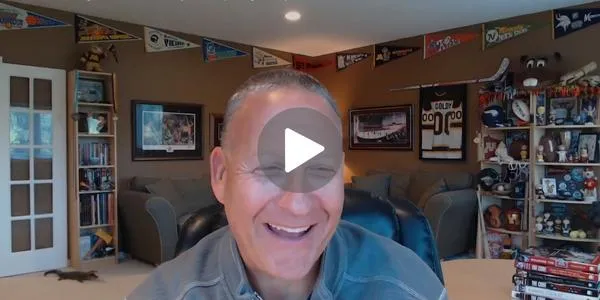
Ross Bernstein — “Creating Your Own Path in Speaking”
Best-selling author and Hall of Fame business speaker Ross Bernstein shares how he built a 130+ events/year solopreneur brand. Learn to turn sports insights into sales, leadership, and culture lessons, customize every stage, and enjoy the journey while booking repeat referrals.
AUTHENTICITY · SALES · LEADERSHIP · CULTURE · RELATIONSHIPS
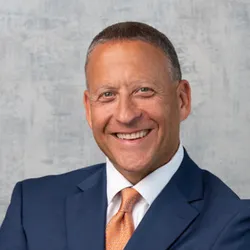
Ross Bernstein
Best-Selling Author & Keynoter
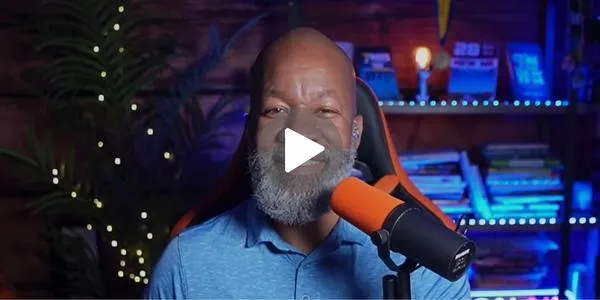
Robert Kennedy III — “Bringing Your Superpower On Camera”
Robert Kennedy III shows why virtual stages matter as much as live ones. Learn his Five E’s framework—endpoint, entry, eyes, energy, and environment—plus practical tips on lighting, audio, and branding to stand out on Zoom, podcasts, and social media.
ON-CAMERA · BRANDING · ENERGY · VIRTUAL STAGE · DELIVERY
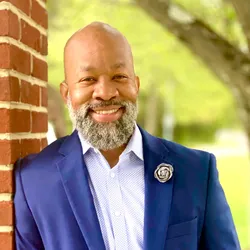
Robert Kennedy III
Author, Speaker & Leader
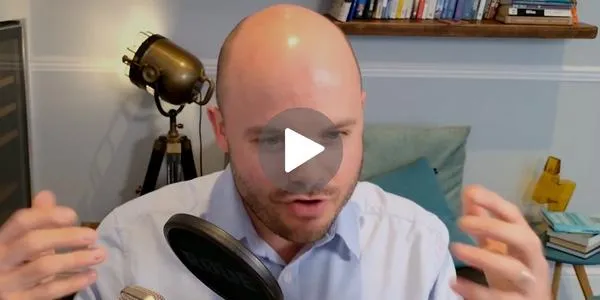
Benjamin Dell — “How to Produce Your Own Events”
Benjamin Dell, founder of HeySummit, reveals how running your own event can boost authority, attract new audiences, and create revenue. Learn how to design, host, and monetize virtual or hybrid events without the overwhelm using HeySummit’s all-in-one platform.
EVENTS · AUTHORITY · VIRTUAL SUMMIT · REVENUE · AUDIENCE GROWTH
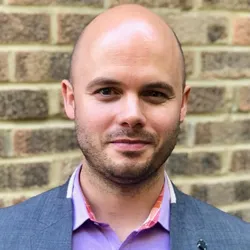
Benjamin Dell
Founder & CEO of HeySummit
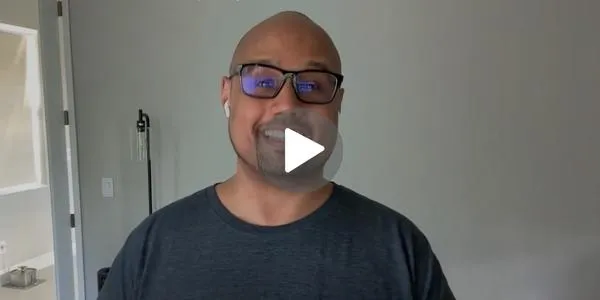
Kimanzi Constable — “PR Pitches: From Writing to Speaking”
Kimanzi Constable shares how freelance writing can launch your speaking career. Learn to craft winning article pitches, build credibility with major publications, and turn your words into paid speaking opportunities. Get practical steps to grow influence and income through writing.
WRITING · PR PITCHES · CREDIBILITY · SOCIAL PROOF · THOUGHT LEADERSHIP
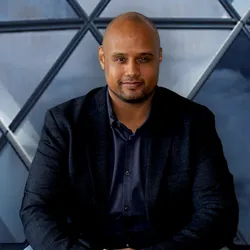
Kimanzi Constable
Writer & Entrepreneur
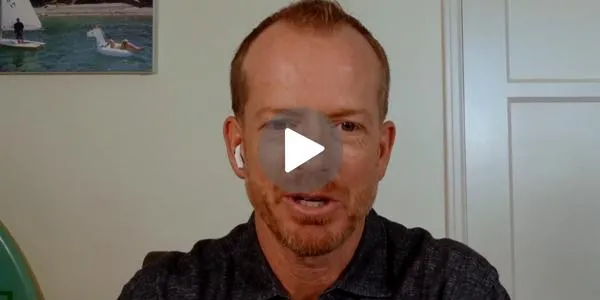
Ryan Foland — “Building an Authentic Brand With Podcasts”
Ryan Foland reveals how podcasting builds an authentic personal brand. Discover how storytelling, persistence, and community help speakers create trust, grow influence, and connect with audiences.
PODCASTING · PERSONAL BRAND · STORYTELLING · AUTHENTICITY · COMMUNITY
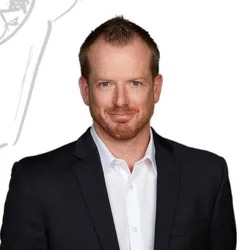
Ryan Foland
Global Keynote Speaker
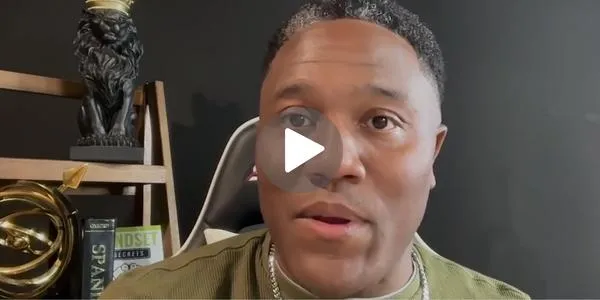
Stanley Pearson II — “Speaking at Colleges & Small Stages”
Stanley Pearson II shares 15+ years of experience in the college speaking circuit. Learn how to engage, entertain, and educate students while avoiding common pitfalls, setting fair fees, and building a repeatable speaking career on smaller stages.
COLLEGE STAGES · ENGAGEMENT · ENTERTAINMENT · EDUCATION · STORYTELLING
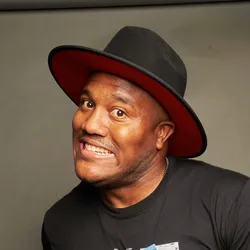
Stanley David Pearson II
Speaker & Performer
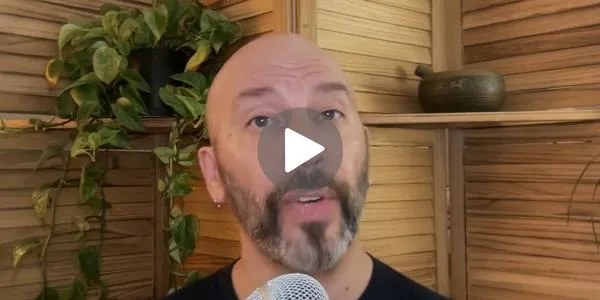
Neil Gordon — “How to Capture Attention & Deliver Sticky Messages”
Neil Gordon reveals the secrets to captivating audiences. Learn his Silver Bullet technique for simplifying complex ideas, building anticipation, and delivering messages that inspire action long after your talk ends.
ATTENTION · STORYTELLING · SILVER BULLET · PERSUASION · MESSAGE DESIGN
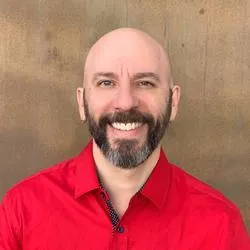
Neil Gordon
Author & Persuasion Expert
Ready to Stop Searching and Start Connecting?
Get verified organizer contacts in one place and save hours every week.
✔ Verified contacts for events, podcasts, and press ✔ Smart filters by niche, location, or event type
✔ Fresh opportunities added regularly to keep your calendar full
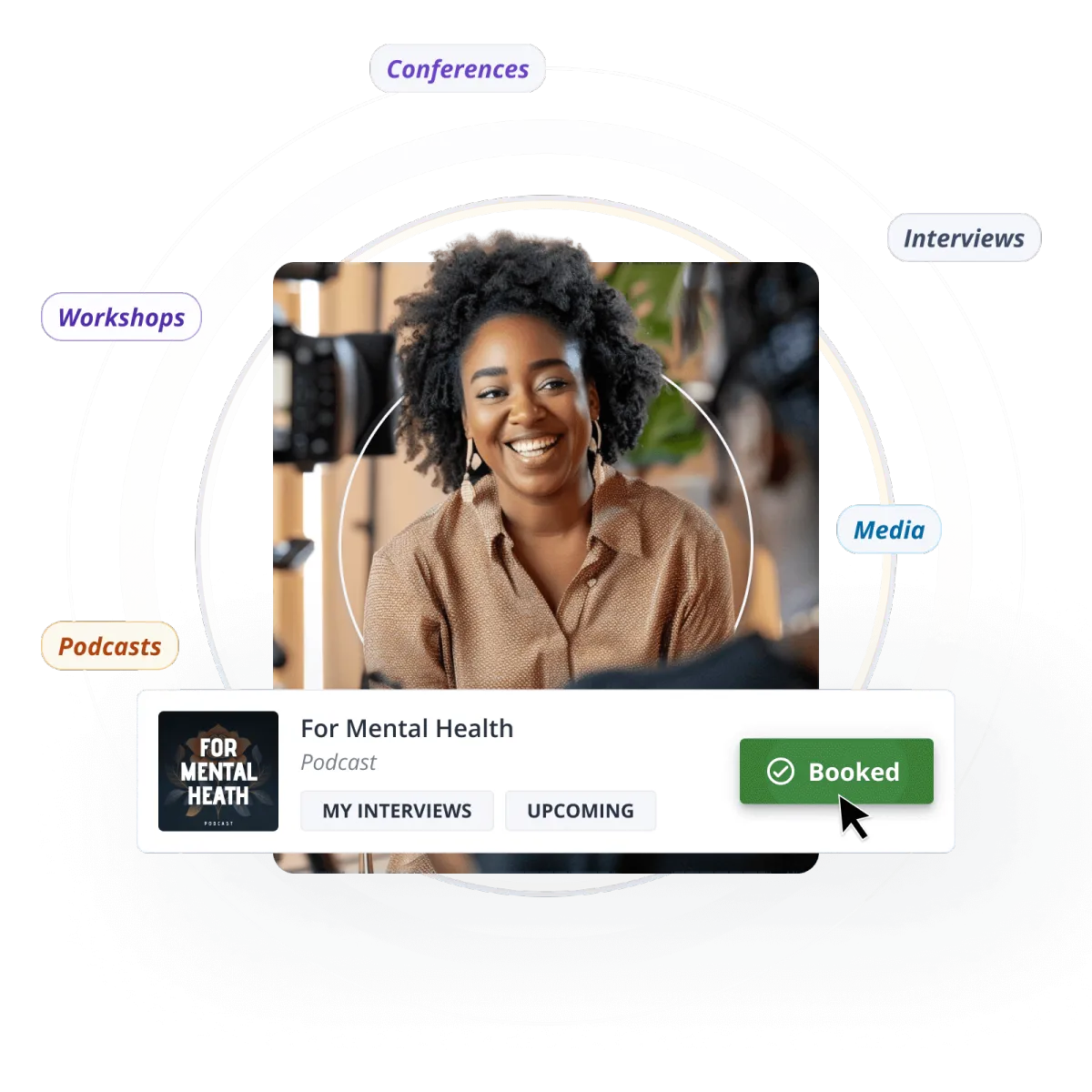
FAQ
Everything You Need to Know About SpeakerHUB
What is SpeakerLEADS?
SpeakerLEADS is a database of over 4 million verified contacts for event organizers, podcast hosts, conference planners, and press. It helps speakers find the right opportunities and connect directly without wasting hours searching online.
How does SpeakerLEADS help speakers book more opportunities?
Instead of spending time browsing outdated conference sites or guessing who to contact, SpeakerLEADS gives you accurate organizer details. With everything in one place, you can focus on connecting and building relationships that lead to speaking engagements.
Are SpeakerLEADS suitable for new speakers or only experienced professionals?
SpeakerLEADS works for speakers at all experience levels. We include opportunities specifically seeking first-time speakers, emerging experts, and seasoned professionals.
Are the contacts in SpeakerLEADS verified?
Yes. All contacts are checked and regularly updated to reduce bounced emails and dead ends. This ensures you’re reaching real people actively involved in booking speakers.
How do I know if a speaking opportunity or podcast is legitimate and worth my time?
Every opportunity in SpeakerLEADS is manually vetted by our team and the community. We verify event websites, check organizer credentials, and ensure contact information is current. For podcasts, we include the recent episodes so you can listen and evaluate the show's quality and audience before pitching yourself as a guest.
Are all the speaking opportunities in SpeakerLEADS paid opportunities?
Every opportunity in SpeakerLEADS has monetization potential—whether through direct speaking fees, lead generation, product sales, or building relationships that lead to paid engagements. We believe smart speakers can turn any quality opportunity into revenue before, during, or after their presentation through strategic networking and follow-up.
Can I search for opportunities in my niche?
Absolutely. SpeakerLEADS includes filters by industry, event type, and location so you can quickly find opportunities that match your expertise and target audience.
Do I need tech skills to use SpeakerLEADS?
Not at all. SpeakerLEADS is designed to be simple and intuitive. With built-in SpeakerCRM, you can manage contacts, track outreach, and stay organized without needing any technical background.

Product
SpeakerPAGE
SpeakerLEADS
SpeakerCRM
SpeakerGPT
SpeakerCOACH
Help Center
Use Cases
Speaking Opportunities for Consultants
Speaking Opportunities for Corporate Speakers
Speaking Opportunities for Educators
Speaking Opportunities for PhDs & Academics
Speaking Opportunities for CEOs & Founders
Speaking Opportunities for Marketing Agencies
Speaking Opportunities for Authors








